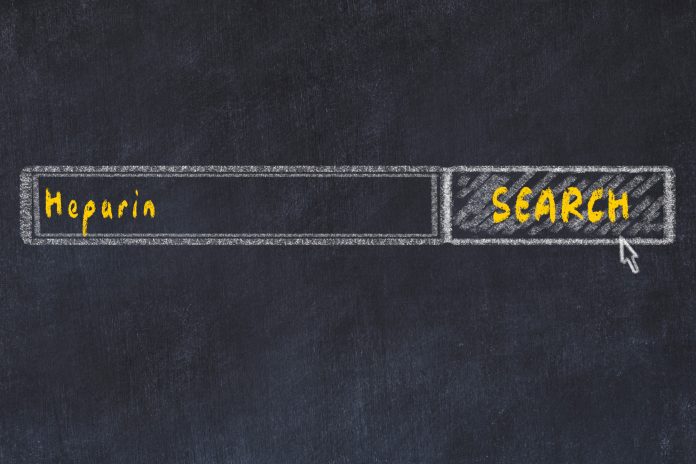The American Heart Association finds that over 1 million heart attacks occur in the United States every year. Fourteen percent of all heart attacks are fatal. Many heart attacks and other cardiovascular issues result from heart disease, which is even more common (and often more deadly).
When a heart attack happens, victims need immediate medical attention. In some cases, emergency heart surgery may be necessary. When it is, physicians often turn to a drug named Heparin.
Heparin is a popular and versatile agent that helps avoid blood clotting. It’s fast-acting properties and consistency make it one of the most commonly used medications for surgeons and physicians practicing emergency medicine. As Dr. Thorlaf Sundt, chief of cardiac surgery at Massachusetts General Hospital notes, “it is simply not possible for us to do heart surgery without Heparin.”
Alarmingly, having enough Heparin to meet the needs of patients is quickly becoming an emergency itself.
A recent NBC News article follows the difficulties Dr. Sundt and others face making sure hospitals have enough of the much-needed drug to safely perform heart surgery (as well as hundreds of other critical medications). In the article, a frustrated and deeply concerned Dr. Paul Biddinger notes, “It’s almost unfathomable in modern medicine. I never thought we would get to a point in the U.S. healthcare system where we wouldn’t have essential medicines to be able to treat patients.”
Unfortunately, drug shortages are fare from “unfathomable.” The New York Times notes drug shortages were providing serious problems for hospitals and emergency medicine since at least 2001. Shortages also extend beyond hospitals and emergency rooms. A year ago, EpiPens were in a national shortage and left millions vulnerable to serious harm from severe food allergies. Like many drugs, EpiPens remain in short supply despite numerous government efforts to make them more accessible.
Let’s remind ourselves why shortages occur in the first place and how they can be resolved. Economic principles teach us that shortages occur when too few goods chase too many customers (patients). Markets remedy this issue by allowing prices to rise, which gives producers an incentive to enter the market and supply more goods.
Most importantly, when producers are restricted from supplying more goods, shortages persist. Many factors can cause temporary shortages in drug markets. However, persistent shortages stem from longstanding barriers. And the most onerous barriers to alleviating drug shortages are regulations.
Healthcare in the United States remains one of the most regulated industries in our economy, with over ten-thousand more regulations than the median U.S. industry. These restrictions work to raise the costs of producing drugs and to restrict the ability of producers to enter the market and reduce drug shortages. Numerous other factors contribute to the complexity of supplying healthcare goods. But only regulations that limit the producer’s ability to enter the market can explain high drug prices and long-lived shortages.
Many describe drug shortages in the U.S. as a “crisis.” Unfortunately, crises often provide avenues for additional regulatory control to be approved. What we need instead is to get back to economic fundamentals and what they teach us about shortages. Although often deemed passé, years of shortages with little relief in sight indicate we might need another treatment plan.
